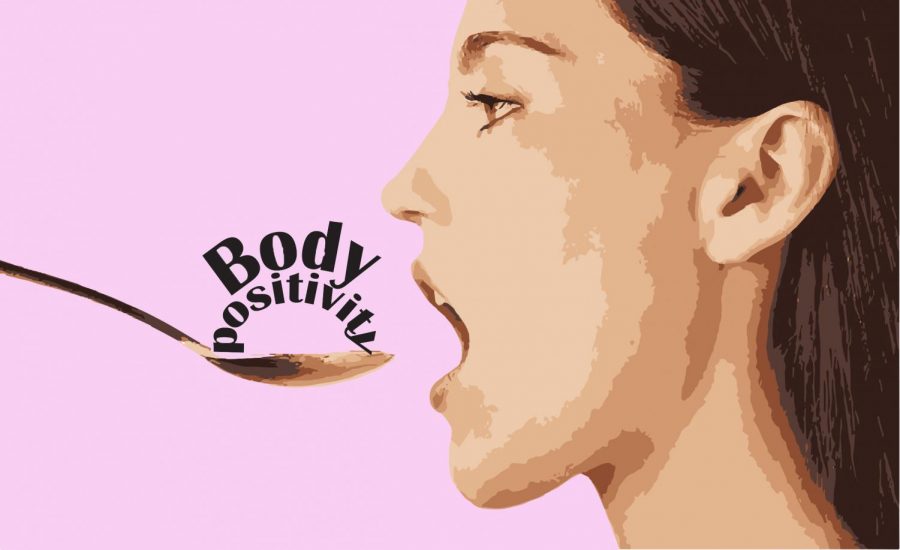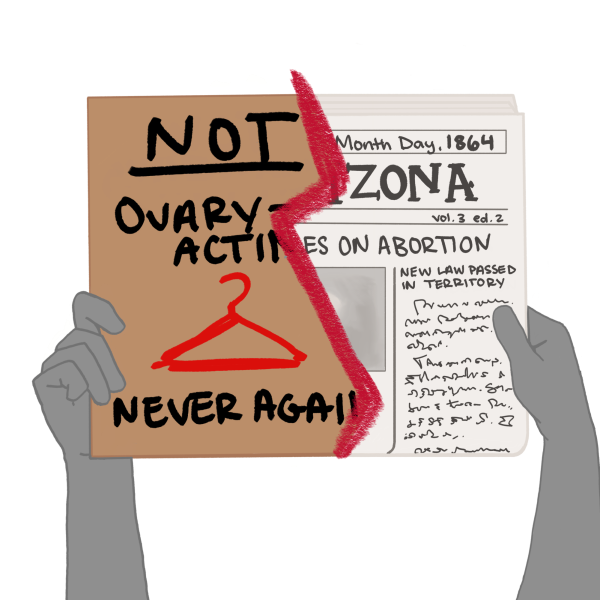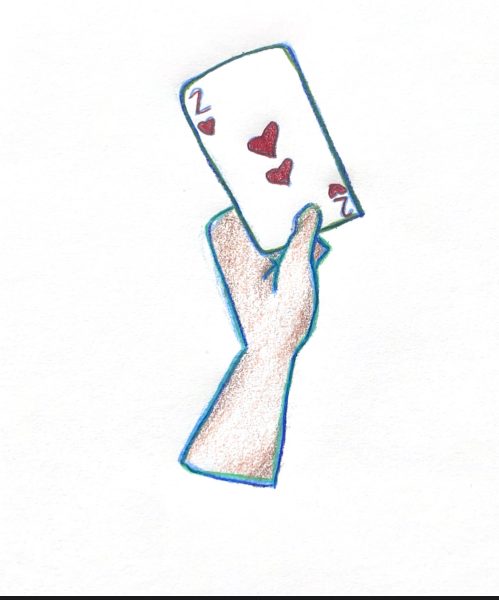Diets are Die with a “t” and the American pastime
Graphic by Ethan Gullett
March 2, 2021
Trigger warning: body image
It’s no secret that at one time in our lives, we have been unsatisfied with our bodies. The way we cope with this is by starting to eat healthily, working out, or a new fad diet. In fact, an estimated 45 million people go on a diet each year. What remains to be seen is that these behaviors start a trend of what those in the nutrition/therapy world call yo-yo dieting, which is losing weight, gaining weight and losing it again.
Diet industries have thrived off people disliking their bodies for years. Americans spend over $33 billion a year on dieting products, plans, equipment, etc. It seems ridiculous that an industry could make so much money by body-shaming individuals; this industry continues to grow with American culture tailoring its targets and latest trends.
Whether it’s with keto, paleo, Weight Watchers or Jenny Craig, most research concludes that dieting is unnecessary and ineffective. Researchers at UCLA took note that 95% of diets fail. In the wake of weight gain, there is the preconceived notion that if you gained weight, it’s your fault. What’s important to remember is that the person didn’t fail the diet; the diet failed the person, meaning that diets prompt unwanted suffering by restricting yourself from the food your body craves, which makes it necessary to escape strict diets. On a more elevated level, diets also could cause internal issues. UC Berkeley warns that side effects of dieting are a slowed metabolism, loss of muscle mass, loss of nutrients, loss of energy, fainting, weakness, dehydration, eating disorders, etc.
The impacts of diets are catastrophic and unforgivable. According to the National Eating Disorders Collaboration dieting is the number one cause for the onset of eating disorder. The fact that diets are causing individuals of all ages and genders to dislike their bodies so much that they put their health at stake is unacceptable.
Any diet that claims to be a lifestyle change and centered on health is inherently unhealthy because it’s from dieting that more restrictions and less than healthy thoughts occur. Be on the lookout for these unnecessary and false diet claims:
Instead of adding to the wealth of dieting industries, it’s necessary to turn your backs on the ideas that dehumanize certain body types and lifestyles. One way to do this is through intuitive eating, not a diet, but a means of listening to your body’s hunger cues, knowing what your body wants, and allowing yourself to decide how much food you want and what kind based on your body’s wants and needs.
Speaking from personal experience, I know how deceiving diet culture can be. The promise of significant weight loss and acceptance is enticing to anyone who believes it. Despite all this, I truly don’t believe that any person should force themselves into a diet that limits their desired food content simply because they have an idea of what the perfect picture of health is. Reject diet culture!












